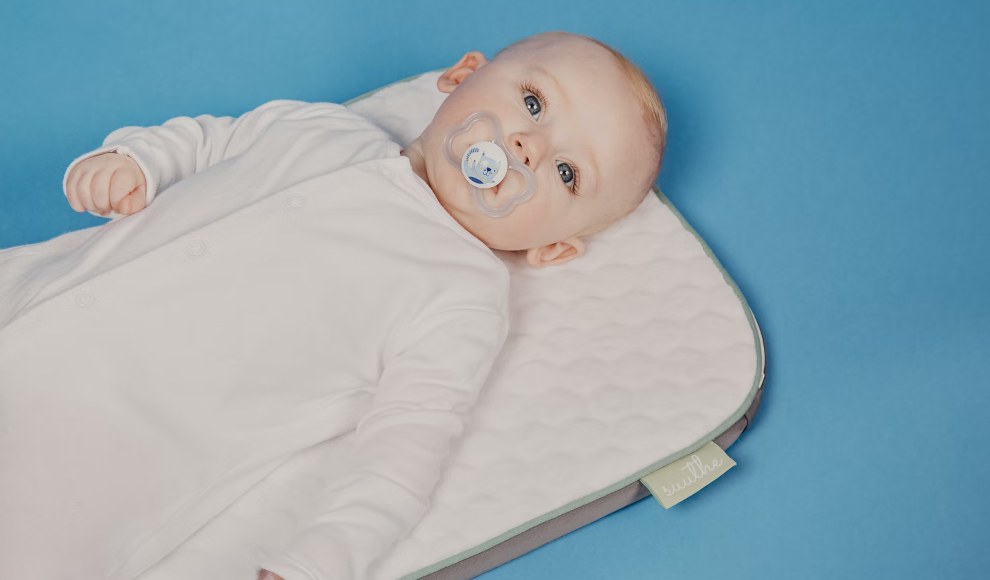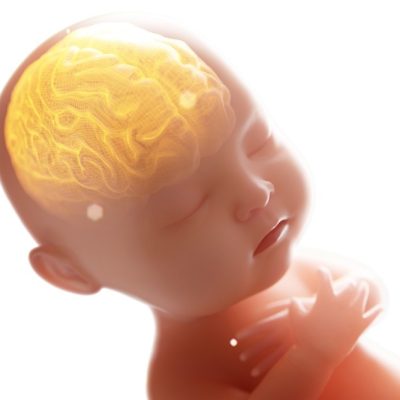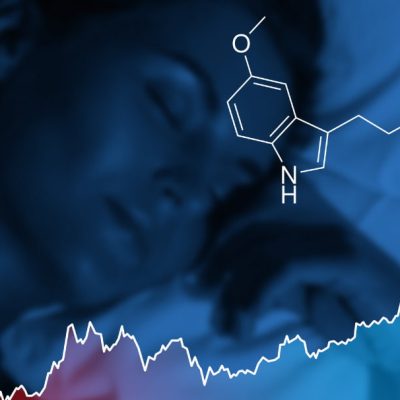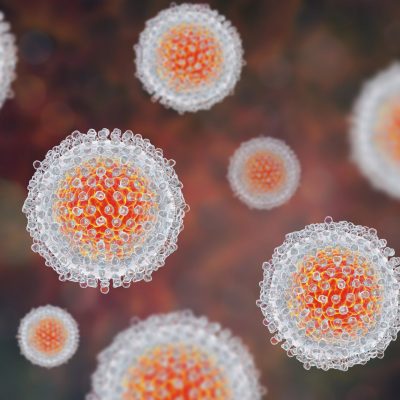A breakthrough discovery has been made by researchers in Australia regarding Sudden Infant Death Syndrome (SIDS), also known as Sudden Unexpected Death in Infancy (SUDI). SIDS is a phenomenon where babies die suddenly and unexpectedly in their sleep, and the cause has been unknown until now. In a study published in the eBioMedicine journal, scientists from the Westmead Children’s Hospital in Sydney have identified a biomarker that can detect the risk of SIDS in infants. The biomarker is a low level of the enzyme Butyrylcholinesterase (BChE) in the blood of infants.
SIDS is a rare but devastating occurrence that has puzzled medical professionals for decades. In Germany, 84 children died from SIDS in 2020, a significant decrease from the over 1,000 deaths per year in the 1980s. The decrease is attributed to better education for parents on how to prevent SIDS. However, there are still cases of SIDS that cannot be explained by medicine. It has long been believed that SIDS is caused by a defect in a brain region that controls the connection between breathing and sleep. The theory is that the baby does not wake up when breathing stops during sleep, leading to SIDS.
To find the cause of SIDS, the researchers examined the blood of over 60 deceased infants who had died from SIDS. They compared the blood samples to those of healthy babies and found that the BChE enzyme activity was significantly lower in the deceased infants. The enzyme is crucial for the brain’s excitatory pathway, which explains why SIDS almost always occurs during sleep. The study’s lead author, Dr. Carmel Therese Harrington, lost her own baby to SIDS and has been working to find the cause ever since. She funded the study through a crowdfunding campaign named after her deceased son.
The discovery of the biomarker is a significant step forward in identifying infants at risk of SIDS. It could also help eliminate the risk altogether. The researchers hope that the biomarker will be used in routine blood tests for newborns to identify those at risk of SIDS. This breakthrough could save countless lives and bring peace of mind to parents.










